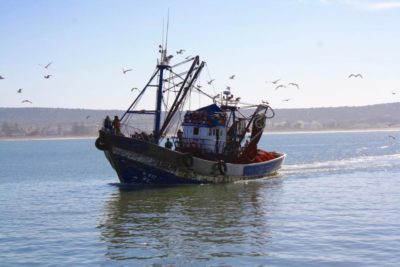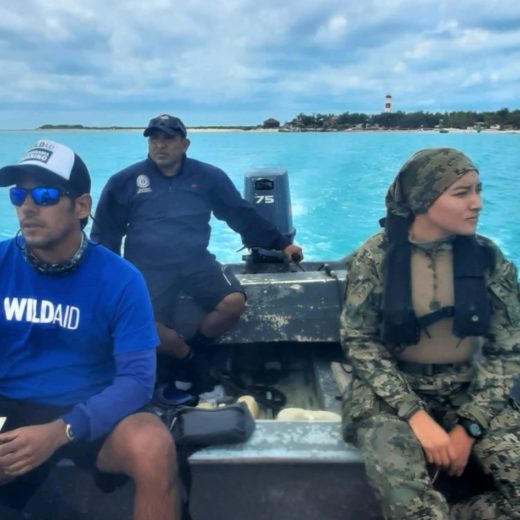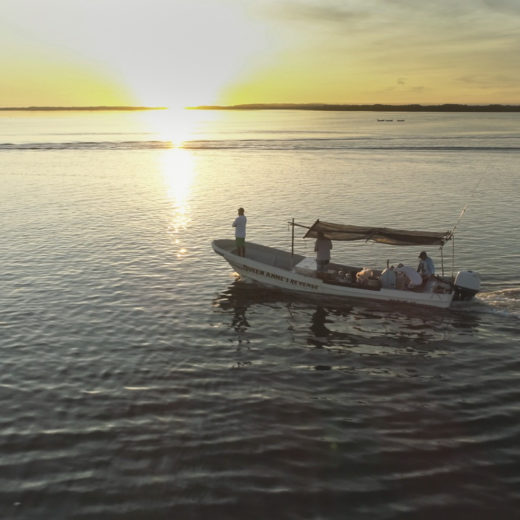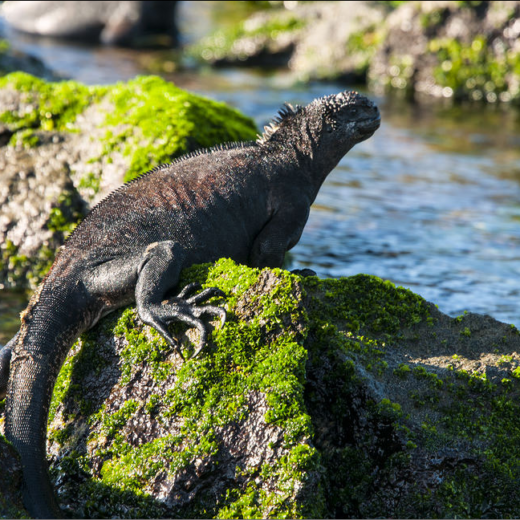
BY SILVIA SANCHEZ, WILDAID MARINE PROGRAM
More than 2.5 billion people—approximately one-third of the global population—depend on fish for food and nutrition. That number is expected to double by 2050.
Unfortunately, 85% of the world’s oceanic fisheries are fully exploited, over-exploited, or depleted. Additionally, illegal, unreported, and unregulated fishing (IUU) takes as much as 33% of the world’s total legal fish catch, costing us as much as $23 billion annually, which further threatens future productivity of the world’s fishing stocks.
Many countries employ different tools to combat IUU, including setting catch limits and quotas for fisheries, providing bycatch reduction gear, zoning their marine areas, satellite monitoring and enforcement.
Recently, the United Nations made a historic first step in combatting IUU through the ratification of the Port State Measures Agreement. Originally signed in 2009 by the FAO, the Port State Measures Agreement required a minimum of 25 countries to ratify the agreement for it to take effect.
The new agreement gives port states (the countries receiving goods) a greater degree of power to enforce fishing regulations in their country, as well as access to more information and tools to determine the legality of the fish landed. When foreign vessels enter a particular port, they will need to request permission to enter ahead of time and provide them with details of the fish they have on board, permits and other documentation. Countries will share information from electronic monitoring tools regionally and globally regarding any vessels discovered to be involved in IUU fishing to keep a criminal history of vessels.
With this information at their disposal, countries will be able to further inspect suspicious vessels or turn away those with a criminal history, thus eliminating the places where illegal fishers can sell their goods, decreasing the incentive of illegal fishing in the first place.
Continuous efforts will be required to get more signatories to the agreement. Additionally, member countries will need to allocate sufficient resources and personnel to comply with the regulations.
WildAid strengthens management and enforcement of marine protected areas and fisheries via the provision of systematic trainings, the design and implementation of surveillance systems, the development of awareness campaigns and legal support to dissuade illegal fishing activity.
With the implementation of the Port State Measures Agreement, WildAid looks forward to working with partner countries in strengthening their capacity to combat IUU fishing and allowing the recovery of fish stocks.
Stay in touch and get the latest WildAid updates.
SIGN UPAbout WildAid
WildAid is a non-profit organization with a mission to protect wildlife from illegal trade and other imminent threats. While most wildlife conservation groups focus on protecting animals from poaching, WildAid primarily works to reduce global consumption of wildlife products such as elephant ivory, rhino horn and shark fin soup. With an unrivaled portfolio of celebrity ambassadors and a global network of media partners, WildAid leverages more than $308 million in annual pro-bono media support with a simple message: When the Buying Stops, the Killing Can Too.
Journalists on deadline may email communications@wildaid.org


